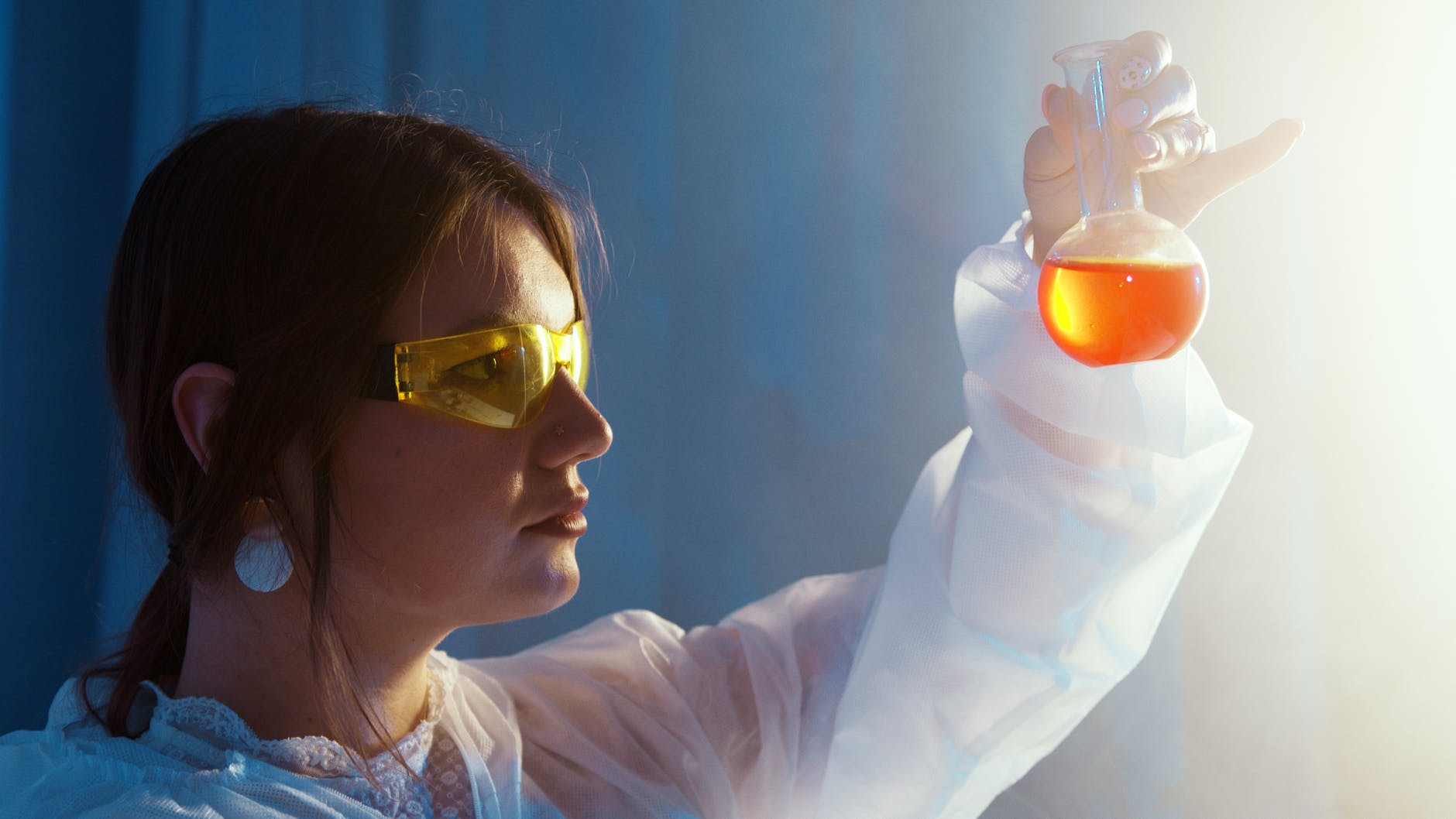
In recent weeks, we have been exploring the relationships between the kidneys and various organs in the body. It is about time we looked at seemingly easier issues. These are common infections and how they interact with the kidneys. I feel that we have focused quite a bit on non-communicable diseases and how they affect kidneys. Perhaps touching on various infections will draw our attention to more aspects of kidney damage. To kick us off will be the all-too common urinary tract infections.
Some Background
Before I answer this question, let us go back to some basics. The urinary system has a few parts. The Chief Executive Officers are the two kidneys each on either side of the body. That is a left and a right kidney. You can watch my demonstration of where they are located on my YouTube Channel on this video https://youtu.be/_vdZUx6Nah4.
Urine is formed in the kidneys. However, urine will not stay in the kidneys forever. It needs a way out. That is why we have two tubes that drain urine from each kidney to the urinary bladder. Did you know we have two organs called the ‘bladder’ in the body? The gallbladder and now the urinary bladder! That is a fun fact.
The urinary bladder is a muscular, sac-like hollow organ that expands and relaxes. Its function is to store urine until you and I are ready to void (urinate). The tubes from the kidneys, called ureters, drain into the urinary bladder. One smaller tube leaves the urinary bladder to the outside environment. This tube is called the urethra.
In short, urine is formed in the kidneys, leaves the kidneys through the ureters, is stored in the urinary bladder, and leaves to the external environment through the urethra. You will feel a need to pee, and this will be controlled by small, key-like structures we call sphincters. Peeing can be postponed by pressing those small keys together. This is why you are able to hold urine.
The Infections
I need to start by saying that urine is sterile. Meaning that there are no germs that are contained in urine. If we have germs in urine, then there is a problem. This problem is what we need to address on this promising Wednesday morning. Oh, the mellow sunrise in Edinburgh, smooth and consistent, just like the coffee latte in my hands. You should see Edinburgh in the Summer. The sun struts around the city like a proud tea plantation owner.
Bacteria in urine is what gives rise to urinary tract infections commonly abbreviated as UTIs. We will call them urine infections for the sake of this conversation. Germs naturally live in various parts of our body. These germs are the good bugs. For example, we have those that live in the mouth, the stomach, and the intestines. Normally, these bugs do not give us problems. They are even beneficial to us.
However, when some of these bugs go where they are not supposed to be, they give us an infection. This commonly happens in urine infections. Bugs from the anal region and the vagina easily leave and enter the urethra. They then travel upwards through the urethra to the urinary bladder, up through the ureters and finally to the kidneys.
I know that sounds dramatic. Mainly because good hygiene and judicious antibiotics use have continued to ensure that we do not have regular cases of severe kidney infections. Yet, it does happen. All urine infections require treatment. It is not about self-diagnosis though. They need to have specific medications and you need to complete the dose as prescribed.
Holding urine for long just because you are able to provides an excellent medium for bugs to grow. It is advisable to urinate when that need occurs and it is safe and convenient for you to do so.
I must insist that kidney infections are rather hard to treat. It is thereby important that we prevent a urine infection from ascending all the way up the kidneys to give us a kidney infection.
When to suspect urine infection
Some of the tell-tale signs are :
- pain when urinating
- Burning sensation when urinating, either when starting to pee or at the end of the pee.
- A feeling of urgency, in that you feel you must make it rain right here and right now and more times than normal.
- Blood in urine
- Urine may have a pungent smell or simply have a very strong smell compared to your normal
- A raised body temperature
- Pain in the lower abdomen and generally feeling unwell.
As you will notice from the above, these signs and symptoms can easily overlap with other illnesses. That is why it is important for you to talk to a qualified healthcare provider for an absolute diagnosis. Even if you consulted Dr. Google, always seek a second opinion from a real doctor.
Special Populations and urine Infections
Babies and Children
One must be alert to congenital urinary system deformities of the newborn baby. These are conditions that a baby has at birth which may make them susceptible to urine infections. Common ones involve misplacement of the urethra especially in baby boys. It is important that the urethral opening is in the center of a penis for baby boys.
Perhaps the single most important precaution is that babies must be examined at birth. Whether you deliver at home or in a hospital, have your baby examined by a registered nurse or midwife. They know what to look for. They can tell the normal from the abnormal even if it looks all normal to you.
As they are still growing, children’s urethra tends to be shorter than the one for adults. It is therefore quite easy for them to end up with a urine infection. Pay attention however if a child constantly complains of pain when peeing. It could be indicative of not only a urine infection but other issues like sexual abuse.
Babies who are yet to speak, may express themselves by crying out whenever they are peeing or during a diaper change. You need to consult a doctor because you are an amazing parent/guardian.
Women
The female urethra is only 4cm long compared to the male urethra which is about 20cm long. This means that germs have a shorter distance to travel in women as compared to in men.
Some family planning methods also increase the chances of women getting urine infections. Finally, in menopause, the hormone estrogen in women is reduced. This makes the lining of the urethra dry and easy to grow bacteria on.
How to Reduce Chances of a Urine Infection in Women
- Change your innerwear every three months at least.
- Use cotton panties especially when treating a urine infection.
- Wipe from front to back. This is because if you wipe from the back to the front, you will easily drag germs from the anus and the vagina to the urethra. In case you did not know, the vagina and the urethra are two very distinct openings.
- After sexual intercourse, you need to pee. The vigorous sexual action tends to push bacteria up from the vaginal area to the urethral opening. Peeing after sex will wash them out or at least reduce their number.
- Drink more water to flush out the urinary system. This applies to everyone not just women.
The Elderly
Due to an aged immune system, our senior citizens may not experience urinary tract infections the same way we do. This calls for special attention to everyone caring for an elderly person.
Where middle-aged adults will experience a fever, the elderly might experience a lowering of body temperature. While a middle-aged person may be able to articulate what they are feeling, an elderly person may present with nothing but confusion.
Due to the prevalence of dementia in old age, confusion here may be relative. What we need to find out is new-onset confusion. Even for a client with dementia, we can tell when they have a sudden onset of new confusion. For the umpteenth time, common things occur more commonly. It is most likely that your client has a urine infection as opposed to a deterioration of their mental health. Consult a registered healthcare provider.
General pointers
- Drinking water aiming for 2 litres a day and more when the weather is hot, or you have been exercising.
- Washing out the system removes any bacteria that might have been attached to the inner linings of these organs and tubes we have discussed.
- Complete your medication course as prescribed.
- Do not hold urine for long. Empty the bladder as the need arises.
- Proper personal hygiene. Keep the private parts clean and dry. Take a shower at least once a day.
- Regular use of feminine wash products for women may irritate the urethra.
That is my cue for another glass of water, and the otherwise elusive Edinburgh sun.

Thanks for educating us
Lovely, I love how you have broken down the information to bite pieces. Excellent. I hope you have copied the link to your FB timeline, very good information to share.
Hi Harriet.Yes, I copied it on my Facebook, Twitter, Quora and LinkedIn profiles. I do that every Wednesday. Thank you very much.